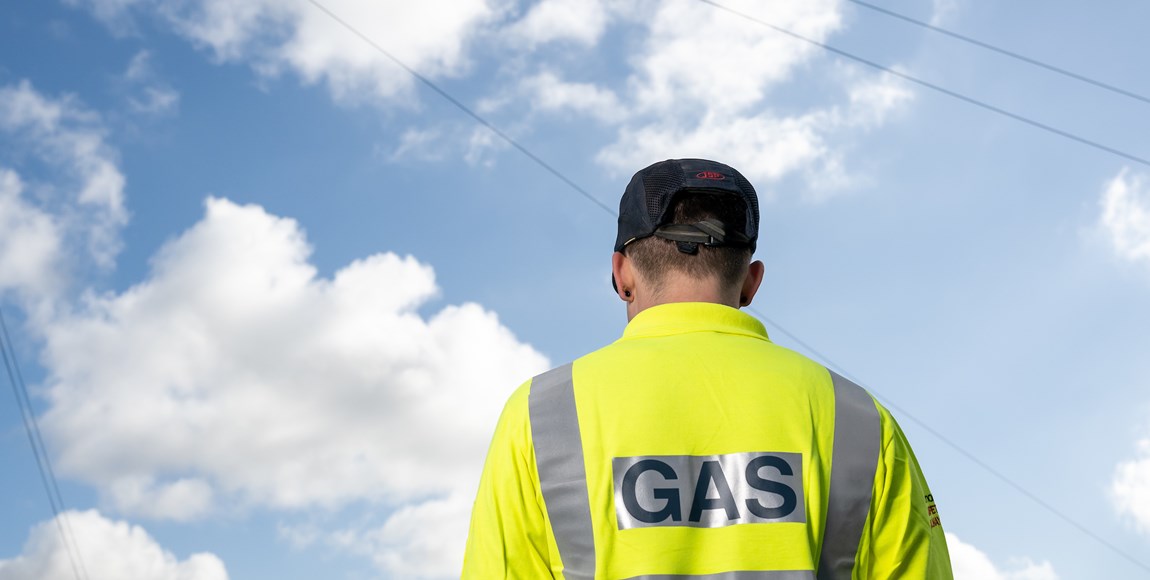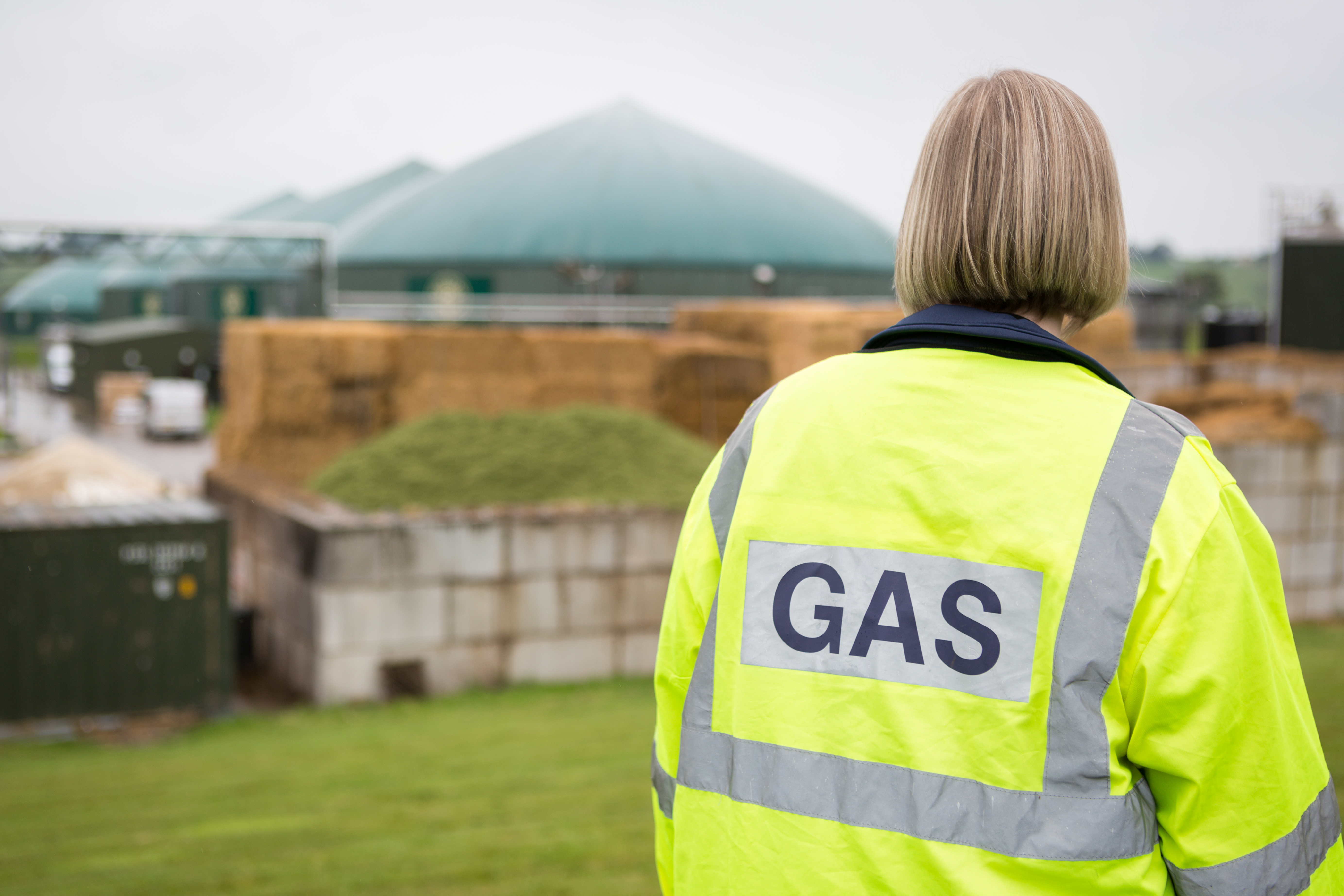Leftover turkey and the trimmings will be put to good use this Christmas, helping to produce enough green gas to heat more than 150,000 homes, new data shows.
In a report released by Energy Networks Association (ENA), as part of its first ever annual Britain’s Green Gas Scoreboard, the data shows that enough biomethane green gas, produced from food waste, along with cow-dung and household sewage, is now being produced from Wales & West Utilities network to supply over 150,000 homes whilst also supporting greener electricity production by displacing natural gas.
This is more than all the households in the Wales largest city, Cardiff (142,600).
The gas is produced from animal, crop and food waste, sewage plants and other sites, providing green energy that is injected into Britain’s gas grid. As well as being used for home heating and in industry, it is also used to generate electricity, keeping Britain’s lights on in a greener way during the long, dark winter nights
Britain’s Green Gas Scoreboard, also shows that:
- A total of 19 biomethane green gas production sites are now connected to the gas network in Wales and south west England, with a further two more sites under construction
- 47 ‘flexible generation’ gas power plants are now connected to Wales & West Utilities gas network. These support wind and solar farms by providing electricity when the sun isn't shining and the wind isn't blowing. This is a quarter of the total plants that are connected to the distribution networks across the network in Great Britain.
Green gas produced:
- From food waste, thrown-out by food processing sites and restaurants, is providing enough biomethane to heat 20,250 homes
- From farm waste, such as cow dung, is providing enough biomethane to heat 33,637 homes, more than the number of homes in Blaenau Gwent
- From crops and crop waste, left over from the harvesting of crop such as wheat, barley and maize, is providing enough biomethane to heat 78,741 homes, more than the number of households in Caerphilly
- From sewage plants is providing enough biomethane to heat 19,112 homes
Matt Hindle, Wales & West Utilities Head of Net Zero & Sustainability said:
In Wales and south west England over 150,000 homes are already heated by green gas, reducing carbon emissions from homes and helping communities play their part in responding to the Climate Emergency and making sure the UK gets to Net Zero.
It’s great to see the key role green gas is already playing in heating and powering homes and businesses across the UK, as well as supporting renewable energy. The 2020’s must be a decade of delivery, and by converting the existing safe and reliable gas network to transport green gas like hydrogen and biomethane, we can decarbonise home heating in a way that is affordable, reliable and sustainable, while keeping disruption to a minimum.
David Smith, Chief Executive of ENA, added:
Homegrown, locally-produced green gas is a great way of reducing emissions from our heat and electricity production, especially when it comes to keeping Britain’s homes warm and lights on during the long, cold winter nights.
These figures show how cow-dung from our farms, left-over food from our restaurants and sewage from our water treatment plants have a huge role to play in reducing the carbon emissions from our towns, villages and communities, all whilst providing them with secure energy supplies.
Wales & West Utilities, the gas emergency and pipeline service, brings energy to 7.5m people across the south west of England and Wales. If you smell gas, or suspect the presence of carbon monoxide, call us on 0800 111 999 straight away, and our engineers will be there to help any time of day or night. Before visiting, we'll ask you to let us know if you or anyone in your household, is experiencing Coronavirus symptoms or self-isolating. We'll still come and help you: but our teams will take some additional precautions to keep us all safe.




